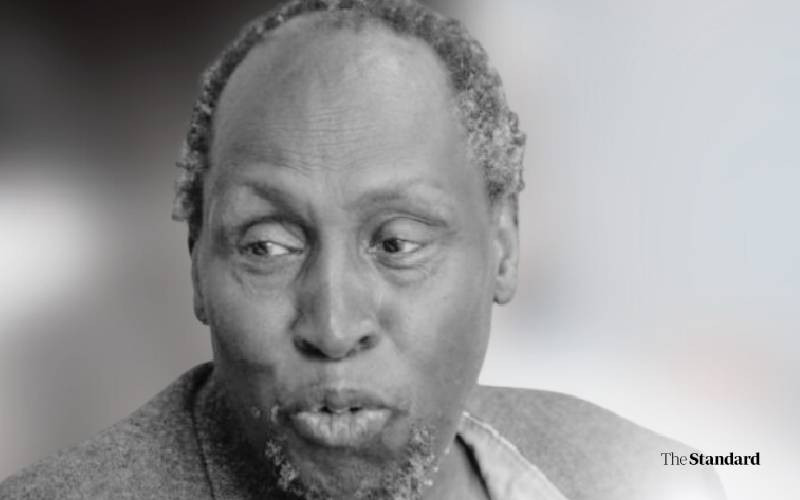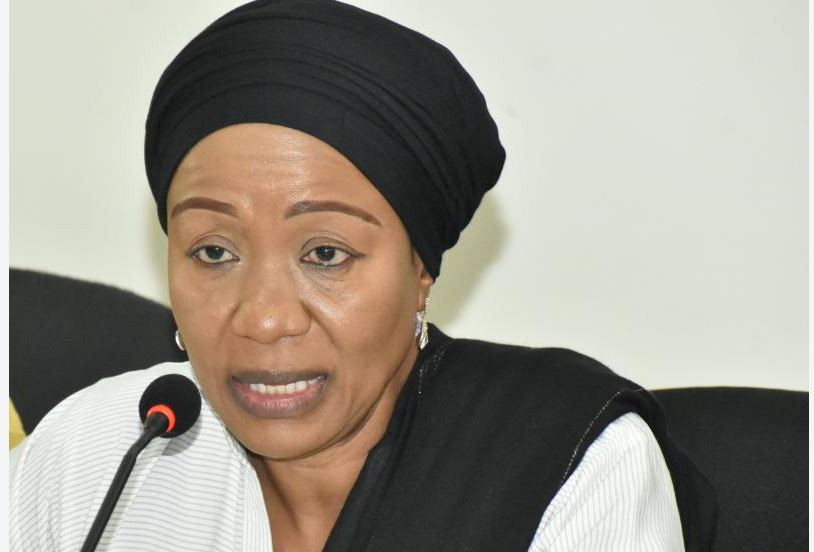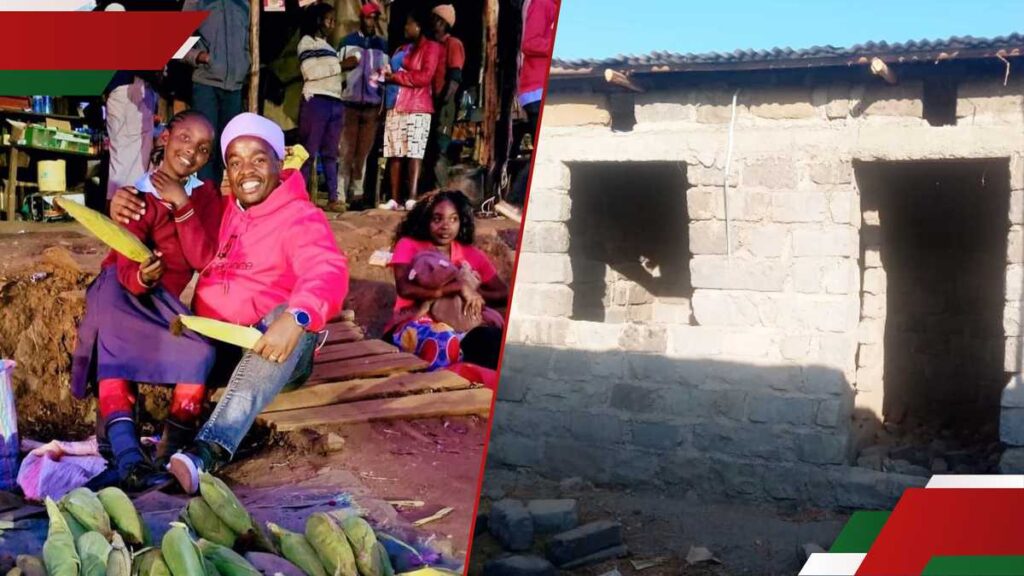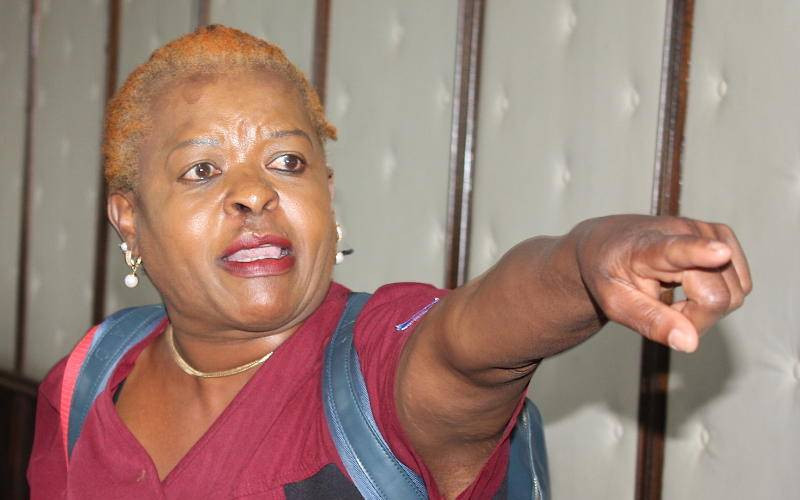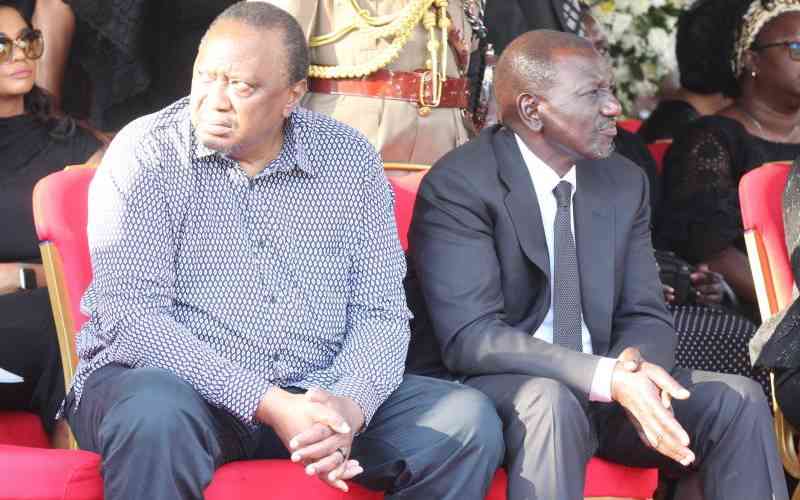President William Ruto has led the country in mourning celebrated writer and scholar, Ngugi wa Thiong’o, describing him as “Kenya’s greatest man of letters and a fearless voice for justice, truth, and African identity.”
“The towering giant of Kenyan letters has put down his pen for the final time. Always courageous, he made an indelible impact on how we think about our independence, social justice, and the uses and abuses of political and economic power,” Ruto wrote in a post on X.
The president also acknowledged the Nobel prize that eluded Ngugi, calling him the champion of literary emancipation and innovation in our hearts and minds.
His sentiment echoed by Deputy President Kithure Kindiki.
“Prof Ngugi was admired across the globe. Even those who disagreed with his views respected him. The world’s academia is left very much the poorer without this great son of Kenya,” said Kindiki.
ODM Leader Raila Odinga also mourned the literary giant, as an epitome in the literature world. “A giant African has fallen. Rest in eternal peace, Prof Ngugi wa Thiong’o.”
Prime Cabinet Secretary Musalia Mudavadi said Ngugi’s legacy lived in his writings. “He illuminated the soul of a nation, challenged the status quo, and gave voice to generations. He was Africa’s most revered intellectuals,” said Mudavadi, citing some of his memorable books like The River Between, Petals of Blood, and A Grain of Wheat.
Former DP Rigathi Gachagua described the author as ‘a literary genius’ who inspired his appreciation for symbolism and language.
“The African literary champion never shied from writing in his native language and his quest to tell the African story through the African lens,” said Gachagua.
Music Copyright Society of Kenya CEO Ezekiel Mutua termed him as a seed of knowledge in the country. “Through masterpieces like Petals of Blood and Ngaahika Ndeenda, Ngũgĩ became a towering figure and a celebrated thinker.”
Prof. Igara Kabaji, author and Chairman of the Creative Writers Association of Kenya, described Ngugi as a man whose decisions gave other African writers courage. “He was a guiding light. His choice to abandon the colonial tongue and embrace Gikuyu inspired me to write in my mother tongue, Maragoli,” said Kabaji.
“When a writer of Ngugi’s stature dies, the nation becomes poorer. We lose a voice of conscience, a guardian of memory, and a custodian of truth.”
Winnie Byanyima, Executive Director of UNAIDS, remembered how Ngugi’s novels shaped her adolescence and political awakening.
“At 13, we read The River Between, and for months, we were caught in Waiyaki and Nyambura’s love. Petals of Blood lit a fire in me. You shaped me and my generation.”
Ngugi wa Thiong’o, died aged 87 yesterday in the United States, after a long illness.
Stay informed. Subscribe to our newsletter
He was born James Ngugi in Limuru in 1938, and became an icon of African literature by pioneering the use of African languages in literary work, ultimately abandoning English for his native Gikuyu in a powerful stand for cultural and linguistic liberation. His works explored themes of colonialism, corruption, identity, and justice.
He wrote Devil on the Cross while imprisoned for co-authoring the politically charged play Ngaahika Ndeenda, scribbling the novel on toilet paper. Ngugi taught at Yale, NYU, and later the University of California, Irvine, where he was distinguished professor of comparative literature.
Despite being a perennial contender for the Nobel Prize in Literature, the award never came. His short story- The Upright Revolution has been translated into over 100 languages. He also founded the Gikuyu-language journal Mũtĩiri and received numerous global literary prizes.
He is survived by a family of writers, including his children Wanjiku and Mukoma.








